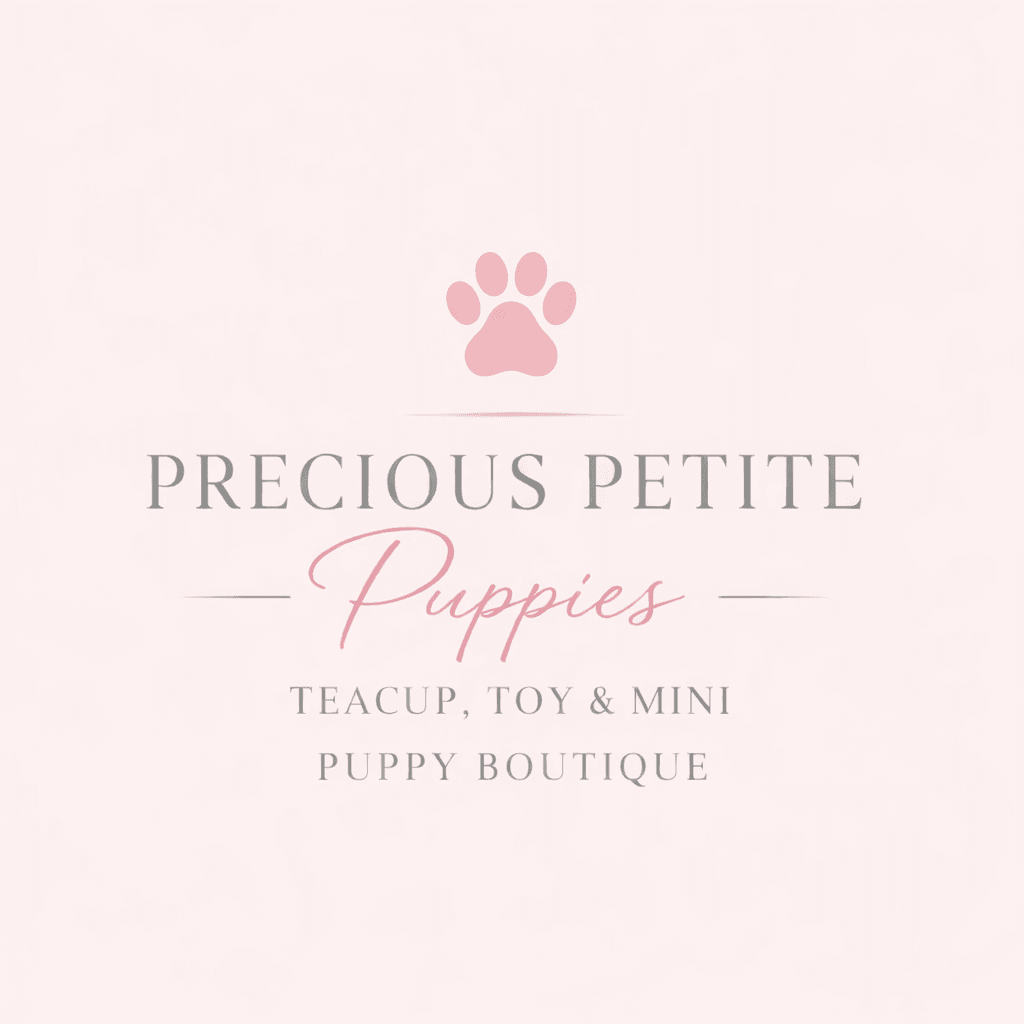Puppy Training Tips for New Owners: From First Steps to Advanced Commands
PP
Starting with the Basics: Building a Foundation
Bringing a new puppy into your home is an exciting and rewarding experience. However, it also comes with its challenges, especially when it comes to training. The key to successful puppy training is starting early and being consistent. Begin by establishing a routine for feeding, potty breaks, and playtime. This helps your puppy understand what to expect and creates a sense of security.
When you start training your puppy, focus first on basic commands such as "sit," "stay," and "come." These foundational commands are not only essential for good behavior but also build a bond of trust between you and your furry friend. Use positive reinforcement techniques like treats and praise to encourage your puppy when they follow commands correctly.

Socialization: A Crucial Aspect of Training
Socialization is an integral part of puppy training that should not be overlooked. Exposing your puppy to different environments, people, and other animals helps them become well-adjusted and confident dogs. A well-socialized puppy is less likely to develop behavioral issues as they grow older.
Introduce your puppy to new experiences gradually. Take them on walks in different settings, invite friends over, and consider enrolling them in a puppy class. This exposure will help your puppy learn how to interact appropriately in various situations.
Potty Training: Patience is Key
Potty training is often one of the most challenging aspects of owning a new puppy, but with patience and consistency, you can make the process smoother. Start by designating a specific area for your puppy to relieve themselves and take them there frequently, especially after meals, naps, and play sessions.
Look for signs that your puppy needs to go, such as sniffing the ground or circling, and take them outside promptly. When they successfully go potty in the designated area, reward them with praise or a treat. Remember, accidents will happen, so it's important to remain calm and clean up without scolding your puppy.

Introducing Advanced Commands: Building on Basics
Once your puppy has mastered basic commands, it's time to introduce more advanced commands. These might include "heel," "leave it," or "roll over." Teaching advanced commands can be a fun way to challenge your puppy mentally and keep their training interesting.
When introducing new commands, use the same positive reinforcement techniques. Be patient and practice regularly. Break down the command into smaller steps if needed, and celebrate small successes along the way. This not only helps your puppy understand what you want but also strengthens your bond with them.
Consistency: The Secret to Success
Consistency is the cornerstone of effective puppy training. Ensure that everyone in your household uses the same commands and techniques. Mixed signals can confuse your puppy and hinder their progress. Set clear rules and stick to them to help your puppy learn what is expected of them.

Maintaining Progress: Reinforcing What They've Learned
Even after your puppy has mastered certain commands, it's important to regularly reinforce what they've learned. Practice commands in different environments to ensure that your puppy understands them in various contexts. This will help solidify their training and make their behavior more reliable.
Keep training sessions short and fun to maintain your puppy's interest. Regular practice will not only improve their obedience but also provide mental stimulation that is crucial for their development.
Troubleshooting Common Issues
If you encounter challenges during your puppy's training, don't get discouraged. Common issues like biting or barking can often be addressed with patience and the right approach. Consider consulting a professional trainer if needed, especially for persistent problems.
Remember that every puppy is unique, and what works for one may not work for another. Stay patient, be adaptable in your approach, and most importantly, enjoy the journey of raising a well-behaved and happy companion.
